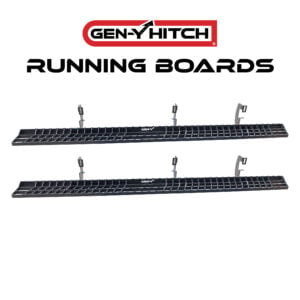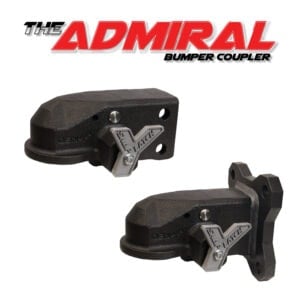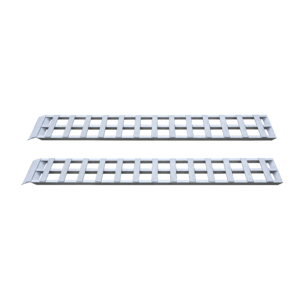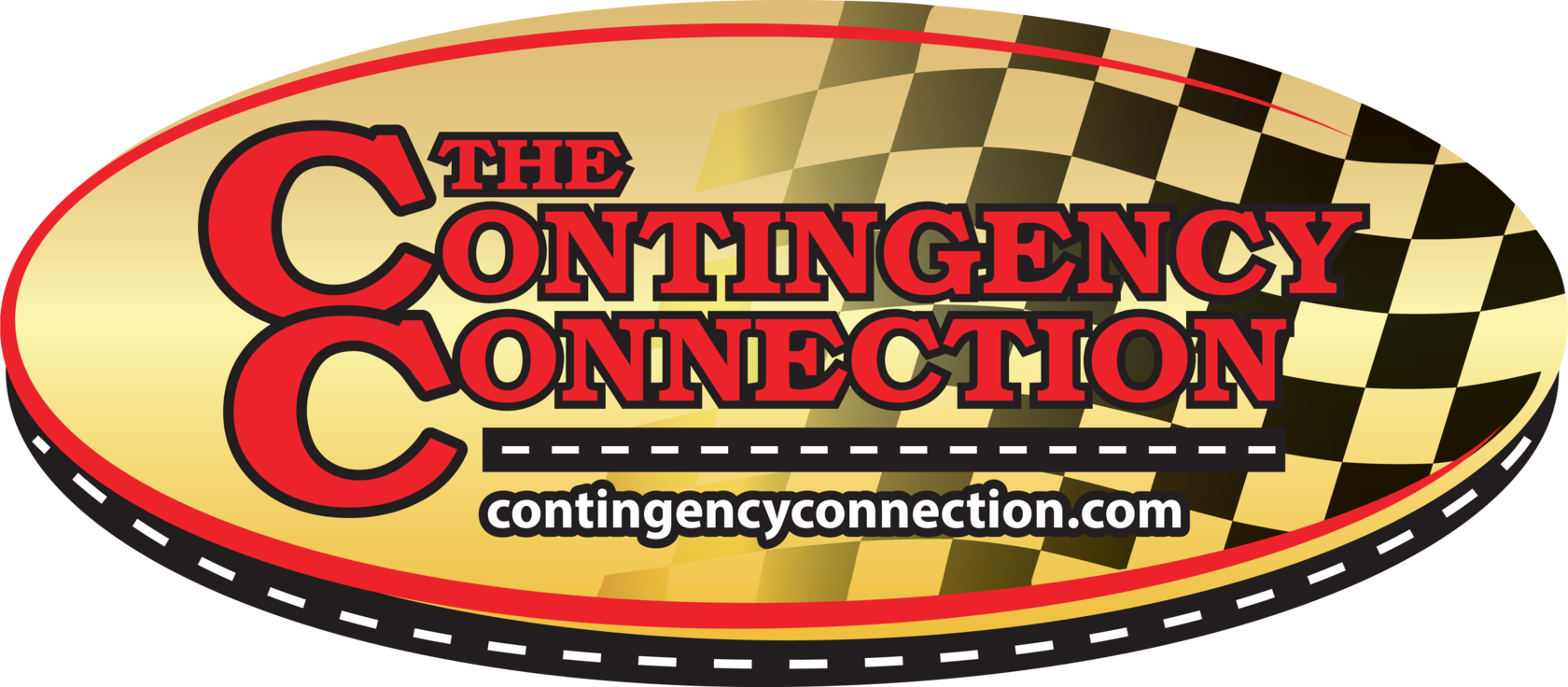Towing can be a tricky task, even for experienced drivers. From securing the load to choosing the right vehicle and equipment, there are many factors to consider when towing. Unfortunately, many people make common towing mistakes that can result in accidents, damage to the vehicle or trailer, or even injury or death. In this article, we will discuss some of the most common towing mistakes and how to avoid them.
Overloading the Vehicle or Trailer
One of the most common towing mistakes is overloading the vehicle or trailer. Overloading can cause the vehicle to handle poorly, increase stopping distances, and put excessive stress on the brakes, tires, and suspension. In addition, overloading can result in fines or legal problems if the weight exceeds the legal limit.
To avoid overloading, always check the vehicle and trailer’s maximum weight capacity and ensure that the weight of the load does not exceed it. Use a weight distribution hitch and sway control system if necessary to improve stability and handling.
Incorrectly Securing the Load
Another common towing mistake is incorrectly securing the load. A poorly secured load can shift or even fall off the vehicle or trailer, causing accidents, injuries, or damage to other vehicles or property. Always ensure that the load is properly tied down and secured with the right type of straps or chains and that it does not exceed the vehicle or trailer’s weight limit. Additionally, ensure you have correctly installed your trailer hitch.
Using the wrong type of vehicle or equipment
Using the wrong type of vehicle or equipment for towing is a common mistake that can have serious consequences. For example, towing a heavy trailer with a small car or using a ball hitch instead of a weight distribution hitch can lead to poor handling, reduced braking, and an increased risk of accidents. To avoid this mistake, always choose the right hitch and equipment for the job. Consult the owner’s manual or a professional mechanic to determine the vehicle’s maximum towing capacity and select the appropriate hitch, brakes, and tires for the trailer.
Ignoring safety precautions
Finally, ignoring safety precautions is a common towing mistake that can have severe consequences. Towing involves significant risks, such as the risk of jackknifing, swaying, or losing control of the vehicle or trailer. Failing to follow safety precautions such as using safety chains, checking brakes and lights, or adjusting mirrors and seats can increase the risk of accidents, injuries, or damage.
To avoid this mistake, always follow safety precautions when towing. Read the owner’s manual or consult a professional mechanic for specific instructions on how to use the vehicle and equipment safely. Also, be aware of the local laws and regulations regarding towing, such as speed limits and lane restrictions.
Towing can be a safe and efficient way to transport goods or equipment if done correctly. However, common towing mistakes can lead to accidents, injuries, or damage to property. By avoiding overloading, correctly securing the load, using the right type of vehicle and equipment, and following safety precautions, you can minimize the risk and ensure a safe and successful towing experience.
Let Us Help!
Gen-Y Hitch exists to better the lives of our customers, dealers, vendors, employees, and the automotive industry. We will always put our customers’ needs ahead of our own. Contact us today, and let us help you!











